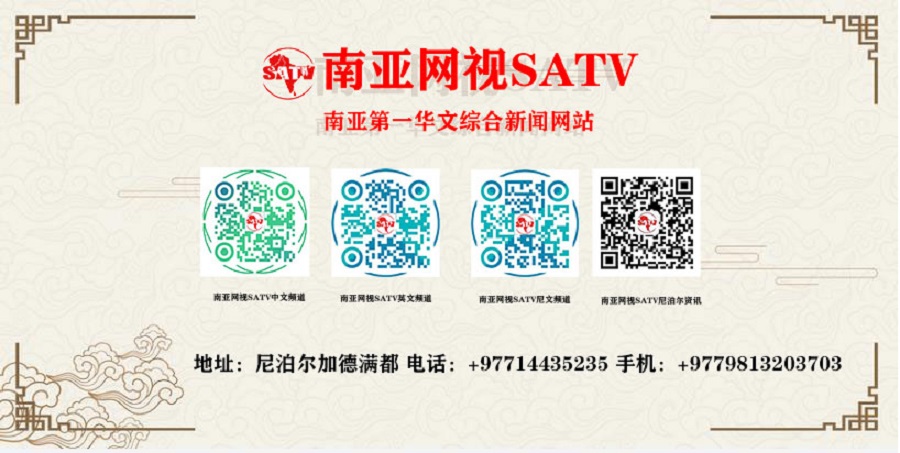News Investigation: How to “change the situation” to Get Out of the Dilemma Amid Public Opinion
South Asia Network TV Reporter Boya
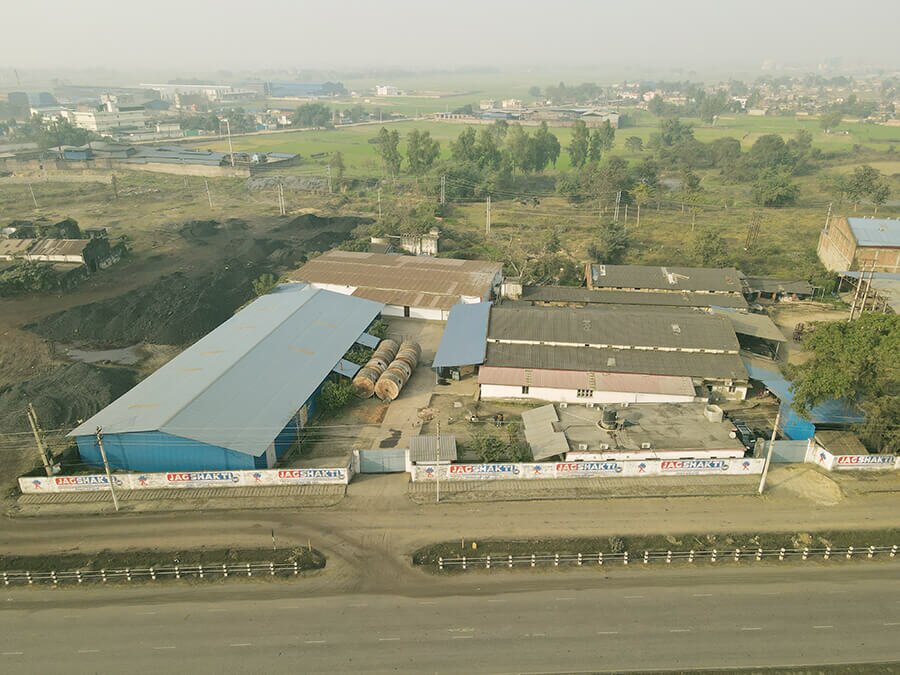
Over the past 40 years of China's political reform, the domestic economy has developed rapidly and at the same time, a large number of outstanding entrepreneurs and talents have been created and many investors who have achieved domestic achievements have been inspired by China's “One Belt, One Road”initiative and turned their attention to international market and went abroad to start their own businesses and made great achievements. Mr. Kou Jinzhong is one of the Chinese investors in Nepal.
On January 6, 2022, a reporter of South Asia Network TV interviewed Mr. Kou Jinzhong.
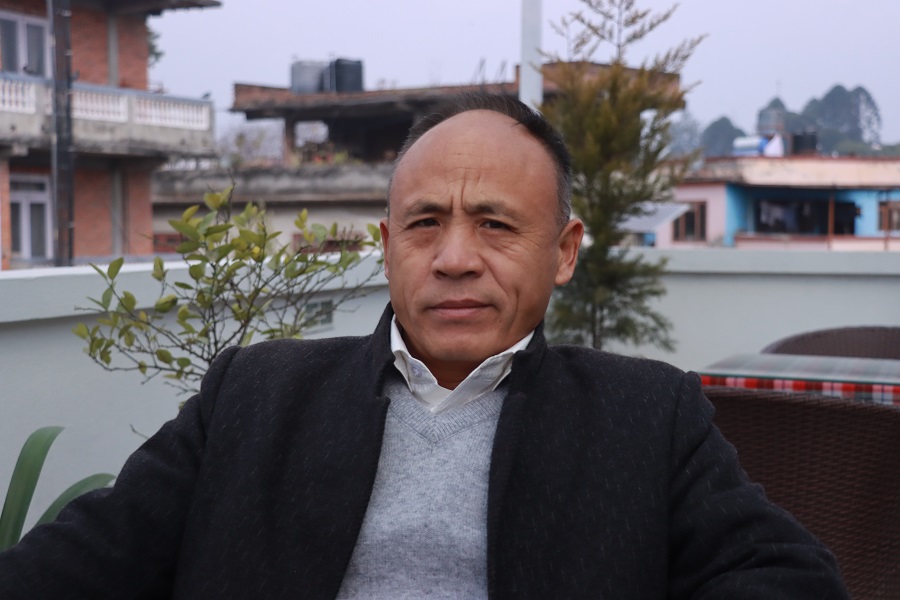
Mr. Kou Jinzhong from Shijiazhuang, Hebei Province, who is over 50 years is thin and vigor, and reveals a shrewdness in his speech and behavior.
According to Mr.Kou,the whole family is engaged in the leather business. The three brothers have been engaged in the leather business for 30 years. In the early days of the business, they set up a factory in Dongguan, Guangdong province to carry out deep processing of leather. Four years ago, he went to South Africa to run a leather factory, but the factory was forced to stop production due to various reasons. In 2018, he came to Nepal. After investigation and demonstration, he decided to set up a leather processing factory in Nepal.
China-Nepal friendship: boosting confidence for Chinese investors
Nepal is a neighboring country of China, located in South Asia. The two countries have a good-neighborly friendship that has existed for thousands of years. Chinese master Fa Xian and Tang monk have studied Buddhism in Lumbini, Nepal for many years. Araniko a famous Nepalese craftsman have built the White Pagoda Temple in China.
After the foundation of New China, Nepal was one of the first countries to establish diplomatic relations with China. For more than 60 years, China and Nepal have exchanged high-level visits. In 2019, Nepalese president Bidya Devi Bhandari participated in China's "Belt and Road" Summit Forum in Beijing. In October, the visit of China president Xi Jinping to Nepal has raised the friendly relations between two countries to whole new level.
With China's reform and the “One Belt, One Road”initiative, China's foreign aid projects and international bidding projects have sprung up in various countries. Various private enterprises have shown their industry expertise and advantages to build factories in various countries to seek development, which has been widely recognized by the international community.
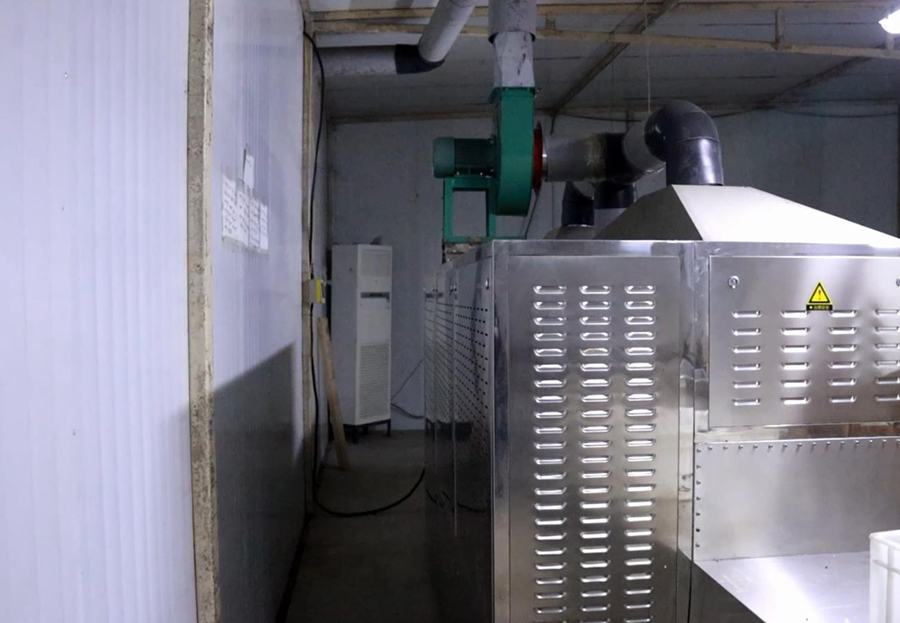
At present, Hong Shi Cement, Huaxin Cement, New Hope Feed, Hefeng Feed and Sunrise Furniture having large investments in Nepal have not only provide employment to many Nepalese, but also increased Nepal's tax revenue, contributing to the development of Nepal.
Before the epidemic, the number of Chinese tourists in Nepal was over 250,000 at the peak time. There were many shops in Nepal's famous commercial street Thamel and tertiary industries such as tourism and restaurant are booming. The Nepalese waiters in these shops can speak a few words in Chinese, some streets are full of Chinese enterprise billboards, forming a veritable Chinese commercial street.
Under the influence of this environment, Kou Jinzhong came to Nepal. After some investigation, he chose the factory site to Birgunj, Nepal. Birgunj is a city in the Parsa district of Madhesh province in southern Nepal.
It is located 135 kilometers (84 miles) south of the capital Kathmandu and is connected to the north with Nakshal on the border with India's state of Bihar. As the entry point into Nepal from Patna and Kolkata, Birgunj is known as the "Gateway to Nepal" and is also known as the "Business Capital of Nepal". Undoubtedly, Kou Jinzhong's choose to build a factory here is very strategic.
A few days ago, reporters of South Asia Network TV set off from Chitwan and drove more than 150 kilometers to Birgunj, a new and beautiful industrial city. The four lanes road was under construction along the way , which makes people hopeful about the future development of the city.
"In the process of registration and the establishment of the factory, the local government of Nepal has provide a lots of support and help. For this, we would like to express our sincere thanks!" Mr. Kou told reporters that due to the impact of the epidemic in the past two years, there was a delay in the establishment of a factory and production, it was finally put into production in March this year and the first lot of qualified leather products were exported to Indonesia, which created a lot of foreign revenue for Nepal and won the affirmation and recognition of the government.
"I invested nearly 10 million yuan to build a leather factory in Nepal, mainly because I had full confidence in the Nepalese government, but after some time of production, there was lot of interference from the outside world. The second lots of goods arrived at the customs, but due to complaints and inspections, it was hold two months and released after re-examination without any problems, which has caused great losses to the company's economy." said Mr.Kou, he was very upset.
Foreign investors: hope to give a good business environment
Through the in-depth conversation between the reporter and Mr.Kou, we came to know a very fatal problem has occurred in the factory which has just been put into operation. Not long ago, when the company's second lots of leather products was declared for export, the customs received a complaint about the quality problem and it was temporarily detained. This incident was exposed by many local media in Nepal,which cause a negative impact to the company.
The focus of Nepalese media exposure was reflected in three aspects: first, the customs seized this lots of goods; second, the export products did not meet the Nepalese industry standards; third, the difference between the processing in the manual workshop and the mechanical processing. Regarding the media's doubts, Mr.Kou said, "I can't make an accurate judgment." But the fact is that after the re-inspection from Nepal customs office, the quality inspection passed and the export was approved, which also means that the products produced by Mr.Kou Leather Factory have no quality problems.
Nepal’s economic is based on agricultural, tourism and handicraft, but its industrial base is very weak. As foreign-funded enterprises in Nepal, Chinese companies not only have brought funds, but also the advanced management concepts and equipment.
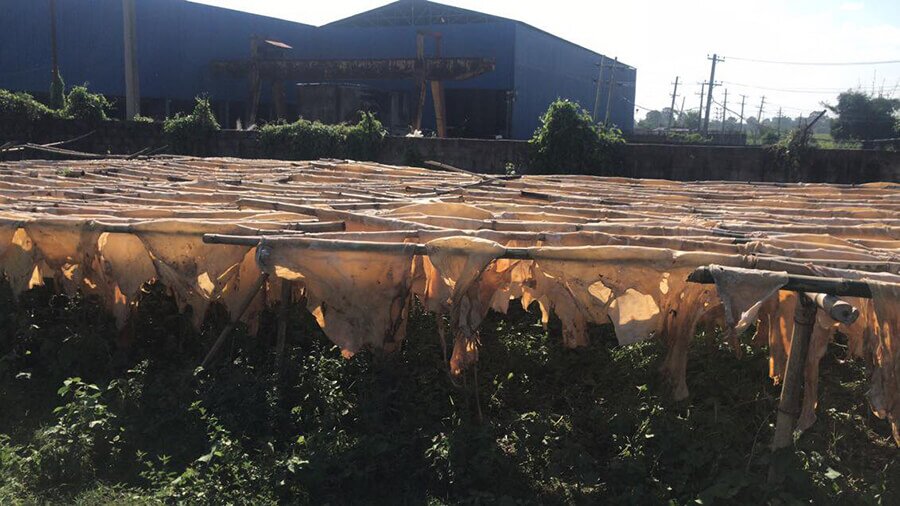
For investors like Mr.Kou, although they have full confidence, but because of overall management organization and management quality of the local government functional departments still need to be improve, especially in terms of work efficiency, it need to be improve. It has cause a lots of inconvenience to the development of enterprises.
There are great differences between China and Nepal in terms of culture and belief, especially in terms of language communication, which has become a drawback for Chinese-funded enterprises. Although these enterprises has translators, but whether they can accurately express the meaning of both parties is also a problem.
The reporter has had in-depth communication with the leaders of many companies investing in Nepal. It is generally believed that Nepal's business environment is relatively poor, the government's work efficiency is low, there is no complete industry standard and some policies are changed frequently. The impact of the two-year epidemic and the irresponsible reports of individual local media "has made many entrepreneurs lose their confidence and patience to invest in Nepal."
Expert advice: Let leather factory out of trouble as soon as possible
After in-depth understanding, Mr. Kou has encountered the "common problem" of many Chinese-funded enterprises investing in Nepal. With such questions, the reporter interviewed several successful entrepreneurs in Nepal, professors from Tribhuvan University, Nepalese media, legal experts and lawyers.
Experts believe that China's development is obvious to all and the friendship between China and Nepal has a long history. We are grateful to Chinese companies for investing and building factories in Nepal. Nepal, as a developing country, also hopes to introduce foreign capital to develop local industries, so that people can get benefit from it. It has also been welcomed by the government.
However, due to the weak industrial base in Nepal, many products rely on imports. Of course, the cultures and laws of two countries are different. Hope that investment companies in Nepal culturally compatible. Hope that enterprises should learn more about Nepal's laws and investment policies through the help of lawyers and improve the law awareness, strengthen the management of the enterprise, establish a quality assurance system, establish a corporate image and brand and be a responsible and conscientious enterprise.
Mr. Kou needs to lead the company to learn Nepalese culture and laws. Taking this problem as a warning, he need to conduct comprehensive training for the company's employees, establish a comprehensive management system, increase product quality management and testing system to ensure product quality. At the same time, treat the media well and welcome the media to supervise the product quality of the enterprise. It is also necessary to communicate more with industry regulators and industry associations, listen to their opinions on product improvement, establish friendly cooperative relations with industry operators and help them change their views on Chinese companies and improve their living conditions by the use of advanced technology and management concepts, promote common development and common prosperity.
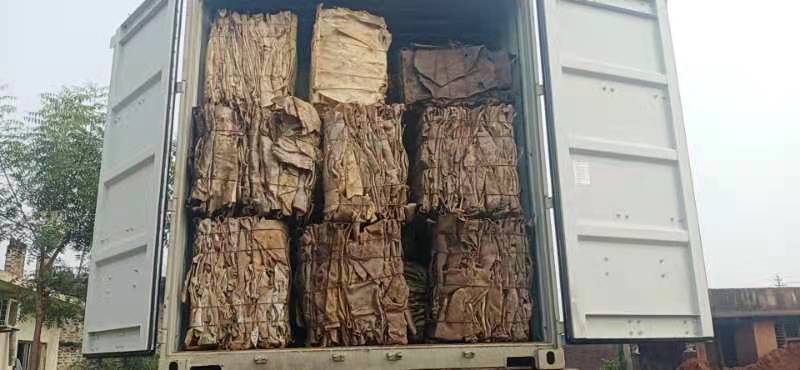
In the interview, when the reporter asked about the future development plan, Mr. Kou said that he would make a comprehensive visit to the operators of this industry in Nepal and conduct in-depth discussions with the leather industry association to improve production capacity and extend the industrial chain. Find the best way of cooperation, integrate resources, develop and extend the industrial chain, based on China's management experience and advanced production equipment develop together.
Mr. Kou said: “I chose Nepal because Nepal is only separated by the Himalayas from my country. Although the Himalayas are high, but it can’t separate our friendship. I will take root in Nepal and make the company bigger and stronger for the rest of my life, help to increase the taxation to the country and improve the lives of the Nepalese people, create employment opportunities, work together with Nepalese employees to develop together and create a better future.”
